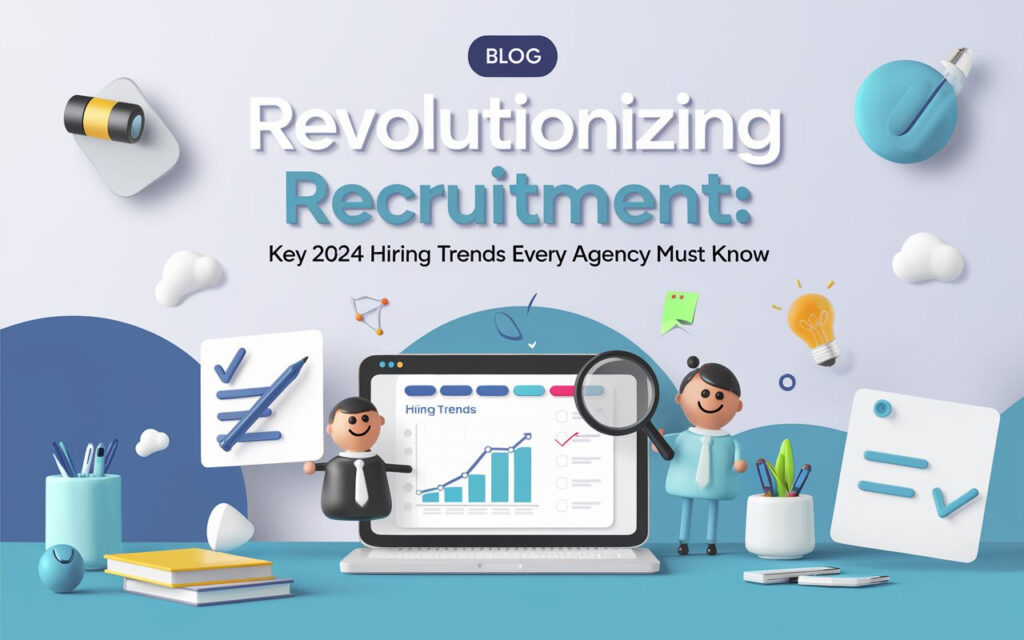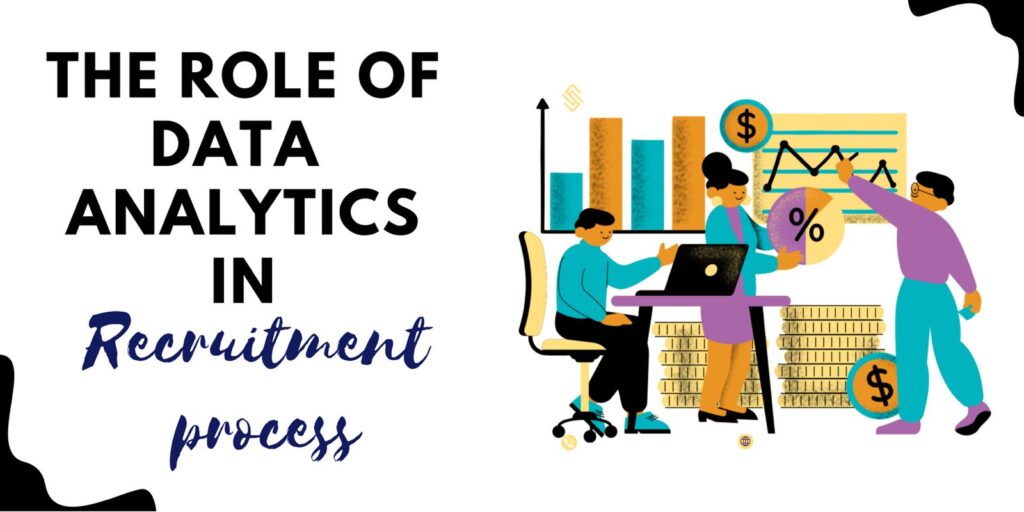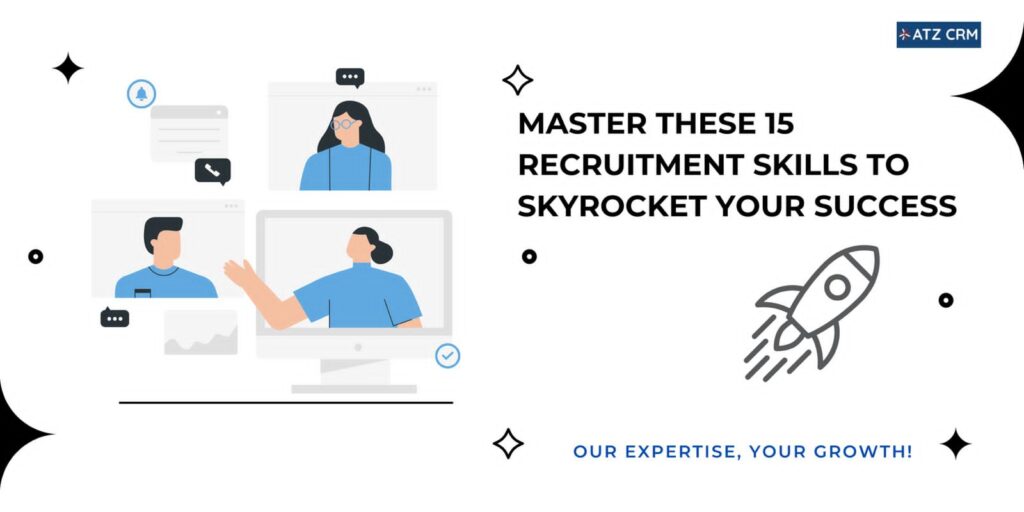Introduction
As we prepare to step into 2025, it’s time to reflect on the revolutionary hiring trends that reshaped the recruitment industry in 2024. Were you ahead of the curve, leveraging these 2024 recruitment trends to streamline your processes and attract top talent? Or did the rapid evolution of technology and candidate expectations catch your agency off guard?
Here’s a thought for you, recruiters: What if you could take the lessons of 2024 and turn them into your agency’s competitive advantage for 2025?
In this blog, we’ll uncover the game-changing hiring trends of 2024, explain their significance, and explore what’s on the horizon for the coming year. From AI-driven tools to data-informed decision-making, these trends didn’t just disrupt—they transformed recruitment into a more strategic and candidate-centric process.
1. AI-Powered Recruitment: The New Normal
Artificial Intelligence (AI) is no longer a futuristic concept; in 2024, it became an indispensable tool for recruiters. Agencies utilized AI-powered platforms to automate tedious tasks like resume screening, candidate sourcing, and interview scheduling. AI also played a pivotal role in predicting candidate suitability and cultural fit.
Why It Matters:
AI tools have drastically improved hiring efficiency, allowing recruiters to focus on high-value tasks like building relationships with top talent. Additionally, by reducing unconscious bias in hiring, AI ensures a fairer process, which resonates with today’s diversity-conscious candidates.
What’s on the Horizon for 2025:
The scope of AI in recruitment is set to expand, with tools offering even more personalized interactions. Expect AI to handle tasks like delivering tailored job recommendations, providing feedback to candidates, and even simulating job scenarios to test skills.
Tip: Small and mid-sized agencies can leverage affordable, subscription-based AI tools like chatbots and resume parsers to compete with larger firms.
Check out: 12 Best Recruitment CRMs for Agencies: Complete Guide for actionable insights into leveraging technology for better hiring, our comprehensive guide on tools that drive efficiency and innovation.
2. The Shift to Skills-Based Hiring
Gone are the days when degrees and job titles were the sole measures of a candidate’s capabilities. In 2024, recruiters shifted their focus to skills-based hiring, valuing certifications, portfolios, and problem-solving abilities over academic credentials.
Why It Matters:
This approach widened the talent pool by making room for self-taught professionals, career switchers, and candidates from non-traditional backgrounds. For fields like technology, marketing, and design, this shift was transformative.
What to Expect in 2025:
Skills-based hiring will become more refined with the use of advanced assessment tools. Companies will look for hands-on experience through platforms like GitHub, Dribbble, and Kaggle to evaluate candidates in real-time.
Recruiter Insight: Complement skills assessments with interviews that highlight soft skills like adaptability, communication, and teamwork.
A Case Study says that “A global tech company replaced degree requirements with coding assessments for entry-level roles and reported a 25% increase in successful hires who outperformed their peers with traditional backgrounds.”
Learn how to streamline your recruitment funnel with these 10 Proven Ways to Streamline the Hiring Process.
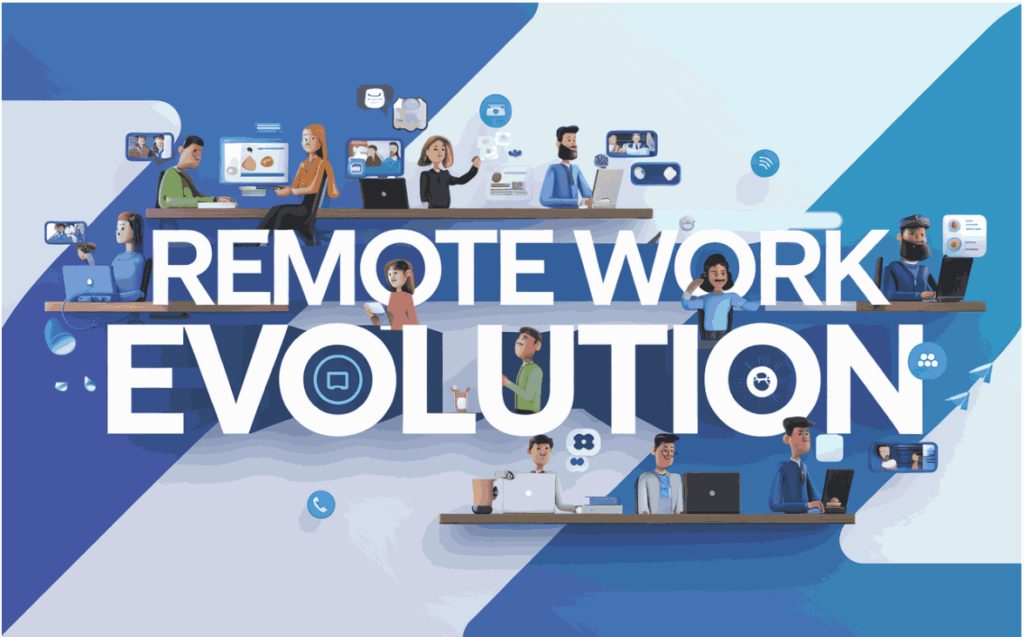
3. Remote Work Evolution
Remote work continued its evolution in 2024, emerging as a strategic advantage for recruitment agencies rather than just a pandemic-driven necessity. This shift reflected one of the most impactful 2024 recruitment trends, with hybrid work models enabling businesses to offer flexibility while maintaining collaboration and productivity.
Why It Matters:
Remote work options became a critical factor for candidates, particularly among tech and knowledge-based professionals. Agencies that failed to embrace this trend struggled to attract and retain top talent, underscoring the importance of adaptability in a competitive market.
What to Expect in 2025:
Looking ahead, agencies will double down on virtual onboarding and inclusive virtual environments. The adoption of tools for remote collaboration and performance management is expected to increase, further solidifying remote work as a cornerstone of recruitment strategies.
Actionable Tip: Offer remote perks like home office stipends, flexible work hours, and wellness programs to differentiate your agency. For example, A leading recruitment agency improved candidate retention by introducing “virtual hangouts,” fostering a sense of belonging among remote hires.
For agencies adapting to the evolving remote work model, creating robust onboarding strategies is key. Discover practical tips in our blog, Unlocking Remote Hiring Success: Complete Guide.
4. Candidate Experience as a Competitive Edge
In 2024, candidate experience took center stage as job seekers became more selective about where and how they apply. A poor experience, whether due to lack of communication or lengthy processes, often resulted in candidates abandoning applications.
Why It Matters:
Agencies that provided a seamless and transparent hiring process gained an edge in attracting and converting top talent. Positive candidate experiences also boosted employer branding and increased referral rates.
Future Trend:
Expect an emphasis on real-time communication and AI-driven feedback systems that provide candidates with instant updates and constructive insights during the hiring process.
Tip:Invest in ATS tools with built-in candidate engagement features like ATZ CRM to enhance communication and improve feedback loops.
Enhancing the candidate experience is critical in today’s competitive market. Don’t miss out on these 7 Powerful Resume Parsing Tools for Hiring in 2024 to optimize your processes and improve engagement.
5. Diversity, Equity, and Inclusion (DEI): Beyond Compliance
Diversity hiring in 2024 shifted from being a compliance mandate to a core business priority. Agencies actively sought to build diverse teams by integrating inclusive practices at every recruitment stage.
Why It Matters:
Diverse teams drive innovation, creativity, and better financial outcomes. Companies with inclusive practices outperform those without, benefiting from varied perspectives that improve problem-solving and decision-making. As DEI becomes a core business strategy, organizations gain a competitive advantage by attracting top talent from diverse backgrounds.
What to Expect in 2025:
In 2025, DEI will go beyond hiring, with agencies focusing on retention, employee satisfaction, and leadership diversity. Expect to see more data-driven efforts to identify gaps and improve representation at all levels. DEI will also be tied to business performance, with agencies using analytics to ensure fairness and inclusion throughout the employee lifecycle.
Recruiter Insight: A startup increased its female leadership representation by 40% after introducing anonymized hiring processes to eliminate unconscious bias.
Related Blog: Building an inclusive and diverse workplace requires more than intention—it needs strategy. Learn how to maximize your ATS investment with these 10 Proven Recruitment Strategies for ATS ROI.
6. Employer Branding: A Game-Changer
In 2024, employer branding became a top priority as candidates researched company culture, values, and reputation before applying. A compelling employer brand frequently played a key role in candidates’ decisions when selecting between job offers.
Why It Matters:
Agencies with strong, authentic employer brands attract top talent quickly and retain them longer. A consistent brand message helps build trust and draws candidates who align with company values and culture.
What to Expect in 2025:
Interactive content like video testimonials, virtual office tours, and day-in-the-life reels will dominate employer branding strategies.
Use social media platforms like LinkedIn and Instagram to showcase your agency’s culture and success stories. For example, A creative agency tripled its inbound applications after launching a campaign featuring employee testimonials and behind-the-scenes videos.
Related Internal Blog: 10 Features to Look For in a CRM for Recruitment
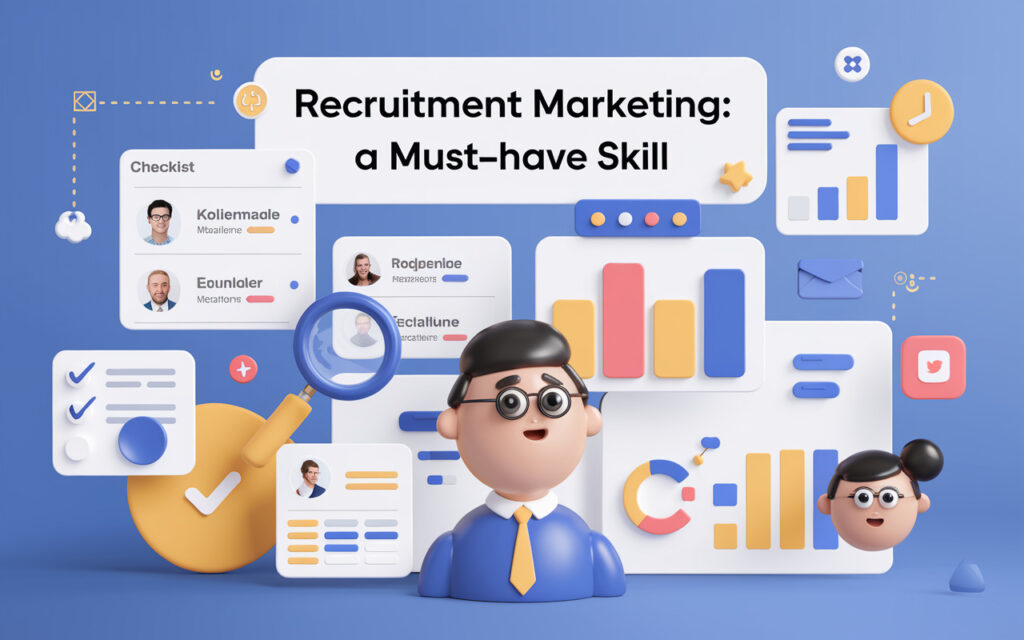
7. Recruitment Marketing: A Must-Have Skill
In 2024, agencies embraced marketing tactics to attract candidates, treating job seekers like customers. Engaging job descriptions, targeted ads, and email campaigns became essential tools. Recruitment marketing proved instrumental in connecting with both active and passive candidates. By using tailored content and strategic outreach, agencies saw higher application rates and a marked improvement in the quality of hires. For instance, engaging campaigns with clear messaging and compelling storytelling helped candidates see the alignment between job opportunities and their career aspirations, creating stronger connections.
Why It Matters:
Recruitment marketing proved instrumental in connecting with both active and passive candidates. By using tailored content and strategic outreach, agencies saw higher application rates and a marked improvement in the quality of hires. For instance, engaging campaigns with clear messaging and compelling storytelling helped candidates see the alignment between job opportunities and their career aspirations, creating stronger connections.
What’s Next for 2025:
In 2025, personalization will redefine recruitment marketing. AI will enable agencies to design hyper-targeted campaigns based on candidate personas, preferences, and behaviors. Storytelling will take center stage, allowing agencies to resonate emotionally with candidates by highlighting values, culture, and growth opportunities. Additionally, leveraging multimedia formats like videos and testimonials will make job posts more impactful.
Tip for recruiters: Focus on building a narrative in your job descriptions. One agency boosted applications by 50% by showcasing how their roles aligned with candidates’ career goals through storytelling-driven campaigns.
Crafting job descriptions that attract top talent can set your agency apart. Check out our blog, How to Write a Job Description That Attracts Top Talent, for expert tips and examples.
8. Data-Driven Decision Making
In 2024, recruitment agencies turned to data analytics to optimize every step of the hiring process. Metrics became essential to hiring strategies, from monitoring sourcing channels to assessing time-to-hire.
Why It Matters:
Data-driven decision-making ensures resources are allocated efficiently, leading to cost reductions and better hiring outcomes. Agencies that leverage analytics gain a competitive edge by identifying what works and eliminating inefficiencies. For example, understanding the performance of various sourcing channels helps maximize ROI while improving candidate quality.
What to Expect in 2025:
The role of data will expand significantly in 2025, with predictive analytics taking center stage. Agencies will use these tools to forecast hiring needs, predict candidate success, and fine-tune recruitment strategies proactively. Insights from advanced analytics will enable recruiters to anticipate market trends, allocate resources for peak efficiency, and build stronger talent pipelines.
Pro Tip: Regularly review your KPIs, including time-to-hire, cost-per-hire, and pipeline conversion rates, to identify areas for improvement.For example,An agency reduced its time-to-hire by 40% by using predictive analytics to identify the most efficient sourcing channels.
Related Blog: The Role of Data Analytics in Recruitment
Conclusion: Shaping the Future of Recruitment
As we prepare to embrace 2025, the recruitment industry stands at an exciting crossroads. The trends of 2024 have not only reshaped how agencies operate but also set the stage for a more innovative and inclusive hiring landscape. From AI-driven recruitment to skills-based hiring and employer branding, these changes represent more than just technological advancements—they embody a shift towards a human-centered approach to talent acquisition.
By integrating 2024 recruitment trends, agencies can ensure they remain competitive while meeting the evolving expectations of top talent.
For recruitment agencies, staying ahead in this dynamic field means not only adopting these trends but also refining strategies to deliver better outcomes for both clients and candidates. ATZ CRM offers the tools and insights needed to make this transformation seamless. Whether you’re looking to enhance efficiency with AI or attract top talent with a strong employer brand, we’re here to help you stay ahead of the competition—Book A Demo Now!
